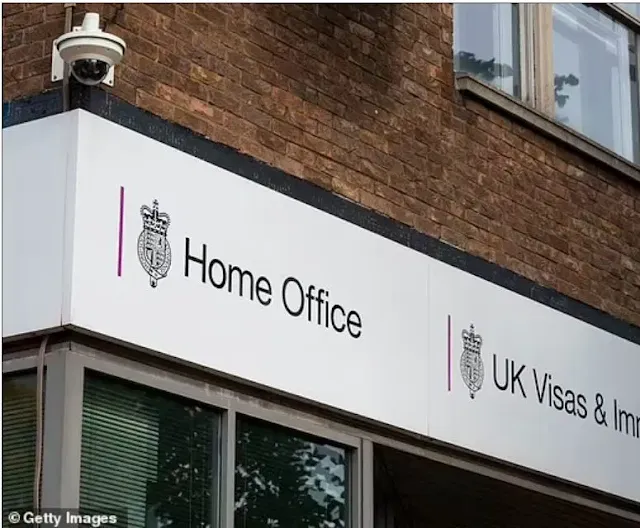The United Kingdom has launched a robust plan to reduce immigration by targeting foreign criminals and visa overstayers, as announced by the Home Office in early May 2025. The initiative, part of a broader strategy to strengthen border security and restore public confidence, includes intensified deportations and stricter visa enforcement, reflecting the government’s commitment to tackling illegal immigration amid rising political pressure.
The new measures focus on expediting the removal of foreign nationals convicted of crimes, with the Home Office reporting that over 3,000 such individuals were deported in 2024, a 20% increase from the previous year. A dedicated task force, comprising immigration officers and police, has been established to identify and detain offenders, prioritizing those involved in serious crimes like drug trafficking and violent offenses. The government has also expanded agreements with countries like Albania and Nigeria to facilitate swift repatriation, reducing delays in deportation processes.
Visa enforcement is another cornerstone of the plan. The Home Office has intensified raids on businesses suspected of employing undocumented workers, with over 1,200 operations conducted in 2024, resulting in 4,000 arrests. Advanced data analytics and biometric screening are being deployed to track visa overstayers, estimated at 300,000 across the UK. The government has introduced harsher penalties for employers hiring illegal workers, with fines increased to £45,000 per violation, up from £20,000. Additionally, a new digital visa system, set to be fully implemented by 2026, aims to streamline compliance and reduce fraud.
The crackdowns come in response to public concerns over immigration levels, which saw net migration reach 685,000 in 2024, down from a peak of 764,000 in 2022. Prime Minister Rishi Sunak’s administration has faced criticism for failing to meet earlier pledges to reduce numbers, prompting these aggressive measures. The plan also includes reforms to the asylum system, with faster processing of claims and restrictions on appeals to prevent prolonged stays. The controversial Rwanda deportation scheme, revived in 2025, has seen limited implementation, with fewer than 100 relocations due to legal challenges.
While the government touts the measures as essential for national security, human rights groups have raised concerns about potential abuses, including racial profiling and the detention of vulnerable migrants. The Home Office has pledged to balance enforcement with fairness, ensuring that legal migrants and asylum seekers with valid claims are protected. As the UK navigates post-Brexit immigration challenges, the success of these policies will hinge on their ability to deter illegal entries while maintaining the country’s reputation as a welcoming destination for lawful residents.


